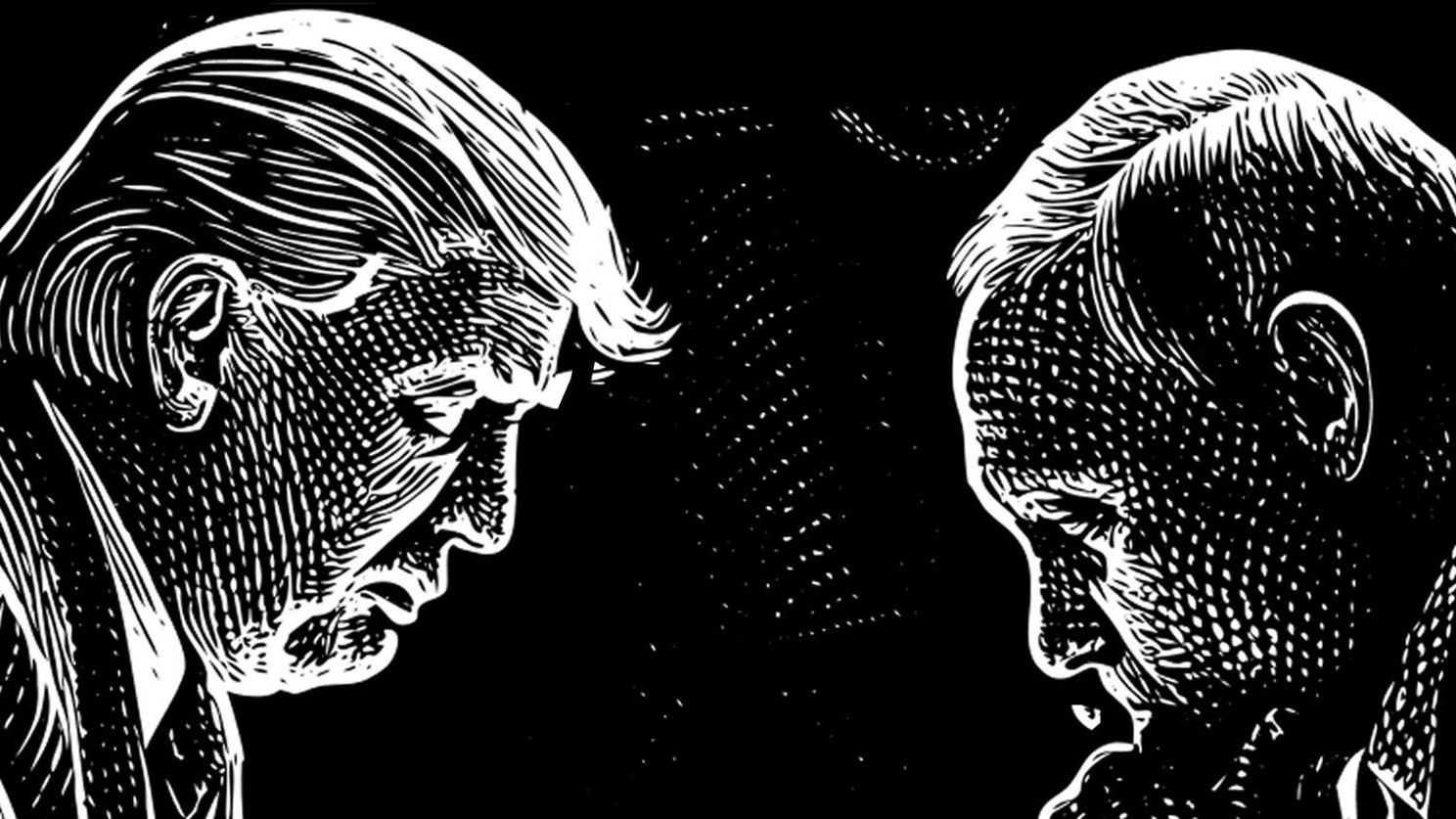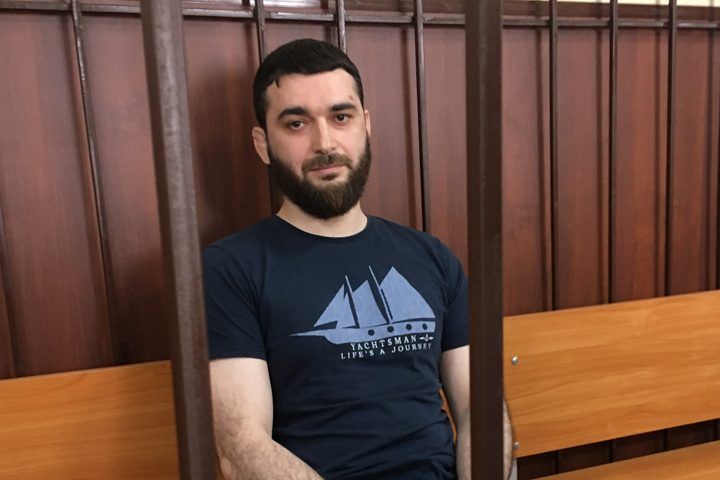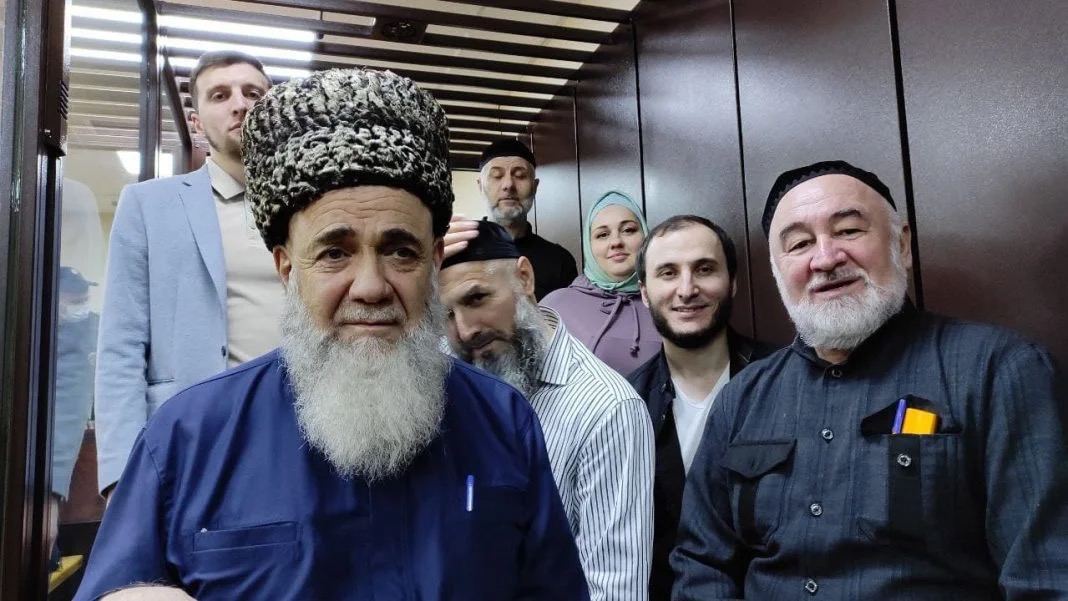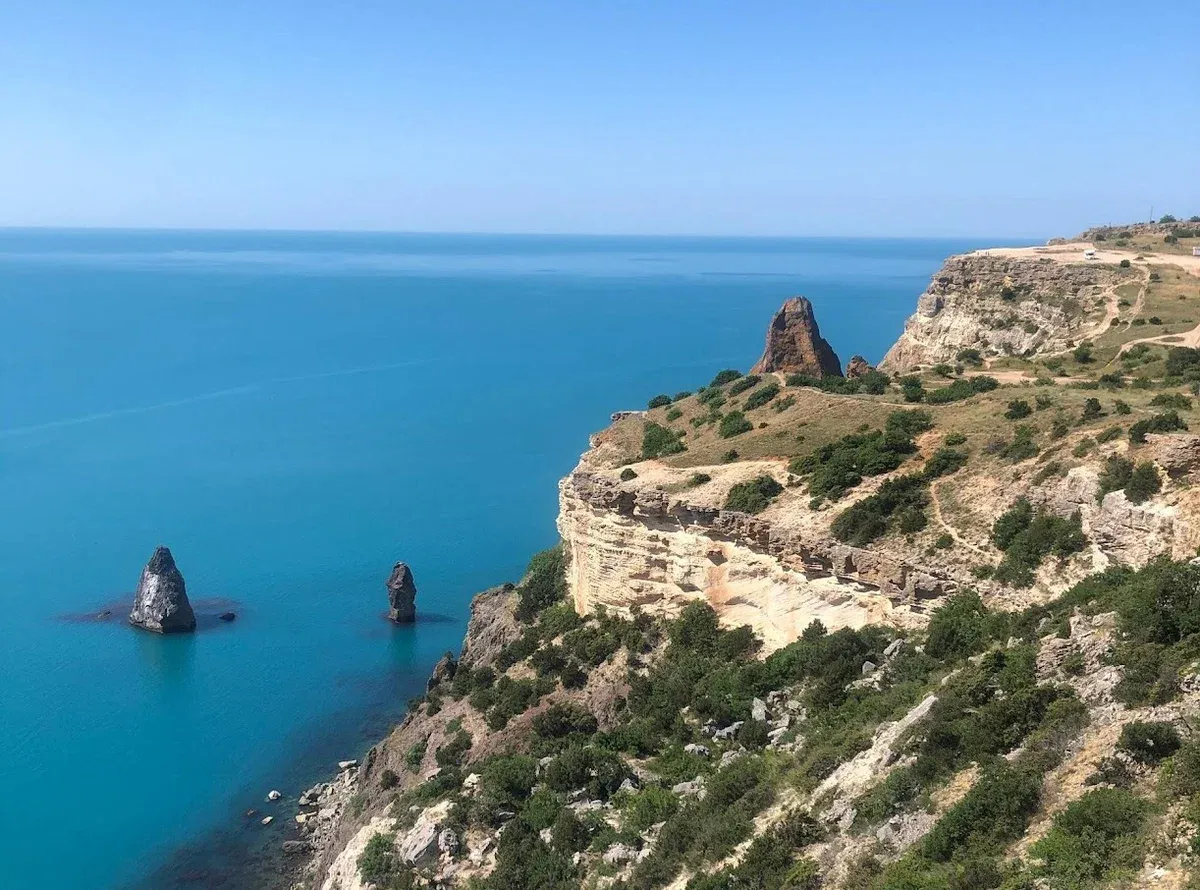This material is available in other languages:
ru
6 Nov 2024
UN Special Rapporteur speaks about torture in Russia
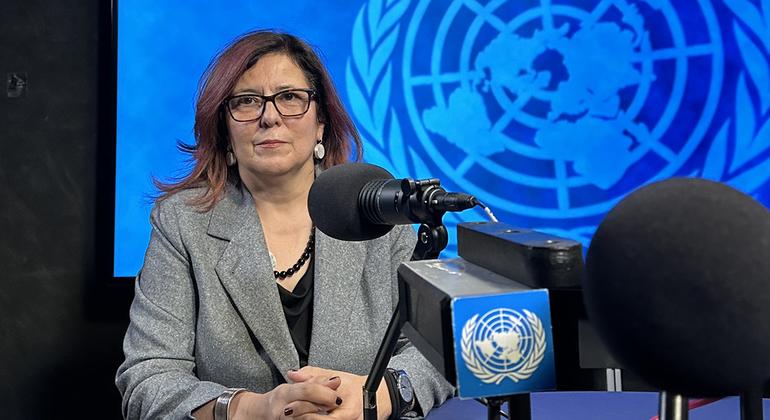
Мариана Кацарова. Фото: ООН
Table of contents
- Imperfection of legislation
- Where torture takes places
- Who is being tortured
- Recommendations of the UN Special Rapporteur
- Comments by the Memorial Center
According to the report, torture and ill-treatment are widespread in Russia and have been systematically committed and going unpunished for over 30 years. But since February 2022 they have been used more widely as an instrument of repression at home and aggression abroad. The imperfection of Russian legislation does not allow for the effective fight against torture and ill- treatment and prevents the prosecution of perpetrators. This contributes to the “normalisation” of impunity in the society and the “legitimisation” of a culture of violence.
The Russian state does not only fail to protect its citizens, but also actively uses torture to get confessions, to punish dissidents and to control society overall.
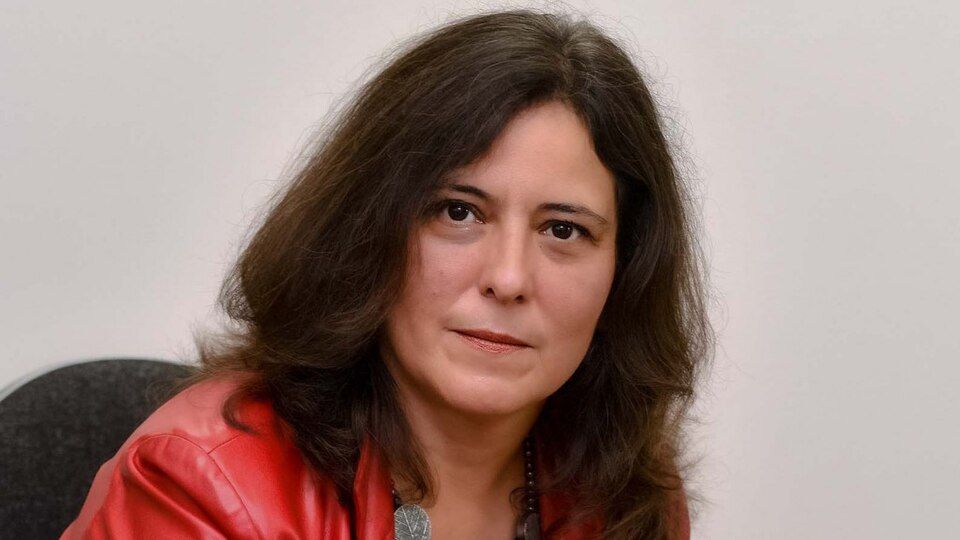
Mariana Katsarova
UN Special Rapporteur on Human Rights in Russia
“Since the start to the full- scale invasion of Ukraine in February 2022, the torture has become a State sanctioned tool of systematic oppression, used to control and to stifle dissent, and attack the foundations of human rights and civic space in Russia.”
The real scale of torture is unknown, as torture victims are being pressured to retract their complains. However, Mariana Katsarova has collected numerous examples that show the use of torture in Russia and also the ineffective response of Russian authorities in relation to those complaints.
Here we publish the main points of the report with some examples given by the UN Special Rapporteur.
Imperfection of legislation
There is no separate article in Russian legislation that would provide criminal liability for torture. Even if cases of torture and cruel treatment reach courts, they impose punishments that are disproportionate to the severity of the crime committed such as fines or suspended sentences.
Article 302 of the Criminal Code prohibits the use of threats, force and other methods of constraint to make someone testify during an investigation or trial. However, in practice, courts consider forced confessions as an admissible evidence, especially when it comes to counter-terrorism operations or anti-war cases. In 2023 at least 22 such cases were registered.
Artem Kamardin was arrested in September 2022. At the court hearing he had visible injuries on his face and blood stains on his clothes. Kamardin told the court that police tortured him, forcing him to issue an apology on camera for his anti-war poems. The investigator denied any wrongdoing, and the judge refused to order an investigation into his torture claims.
Mariana Katsarova
“Courts routinely ignore credible reports of torture, siding with perpetrators rather than upholding justice. Such unchecked impunity has “normalised” torture within Russian society, where violence is tolerated and even encouraged, following the March 2024 terrorist attack in Moscow where the suspects were shown being tortured on national television.”
Human rights activists analyzed 267 cases of torture and ill-treatment in period of time from 2000 to 2023. In only 21% of cases did the authorities open criminal cases - mostly when the victim suffered severe injuries or died as a result.
Reporting torture is always a big risk. There are no mechanisms in place to protect victims and witnesses in Russia.
Marina Ruzayeva was asked by police to help identify a man who they suspected committed a crime. But when she arrived at the police station, she was beaten, used electric shocks on and interrogated for several hours. Ruzayeva filed a complaint, and three police officers were convicted. However, during the five years it took to put together this case, Ruzayeva and her family faced threats and were forced to relocate as a result.
Where torture takes places
Places of detention
Torture and other violations of humans rights are widespread in places of detention, including police stations, pre-trial detention centres, immigration detention centres, penitentiaries, medical facilities and military bases, which are under the jurisdiction of a number of federal ministries and agencies.
In October 2021, Russian human rights group Gulagu.net reported that it had obtained more than 40 GB of footage showing beatings, torture and rape of prisoners taking place at the prison hospital in the Saratov region. The videos show prisoners being help down, beaten and raped by their cell mates while prison officers watched on.
The appalling conditions in Russian prisons and the cruel treatment of prisoners are designed to inflict maximum suffering and humiliation. This often leads to death in custody. Different types of torture that are often used in prisons are so widespread some of them even got nicknames. For example:
- “swallow” or “envelope” : the victim is suspended from the ceiling for a long time by his limbs tied behind his/her back;
- “elephant”: where a gas mask or a plastic bag is placed on the victim’s head, and the air valve is repeated shut;
- “press huts”: where the victim is placed in specific torture cells, where other prisoners are forced to torture him/her.
In addition, the Russian penitentiary system uses such forms of torture as prolonged solitary confinement, sleep and food deprivation, and sexualised violence.
Following a mass riot and fire that occurred in April 2020 at Penal Colony num 15 in Angarsk, several hundreds of prisoners from that colony, many of whom were only dressed in their underwear or completely naked in some cases, were transferred to other prisons. There they were subjected to torture, including sexualised violence committed by other prisoners under control of the establishment administration. The purpose of the torture was to obtain testimonies that would confirm the official version of the causes of the riots and fire that took place.
Torture is used not only on people already convicted of their crimes, but also during investigation stages, including civil cases. Arbitrary arrests and detentions of peaceful protestors in 2023 and 2024 were accompanied by disproportionate and excessive use of force by the police, as well as torture and ill-treatment that were used at police stations.
Dim Davletkildin, who was in pre-trial detention for participating in the protest, was brutally beaten, resulting in a broken spine.
Administrative arrest often becomes the beginning of the so-called “carousel”: a series of arbitrary detentions until a falsely made criminal charge is brought against the victim.
Anti-war activist Anatoliy Berezikov died in administrative detention in 2023 after being tortured to get his “confession”. His lawyer, Irina Gak, was forced to flee the country with her family because her life was in danger- she had photographic evidence proving that Berezikov was being tortured.
Punitive psychiatry
Punitive psychiatry is an intentional misuse of psychiatric diagnosis and types of treatments to punish, control and suppress people for reasons not related to mental health. It is a tool used by authorities against activists, journalists, people who publicly criticise the government and people opposing the war.
During the trial of well known human rights activist Oleg Orlov, he was recommended to undergo a psychiatric examination, allegedly due to his insanity, which was supposedly proven by his beliefs: “amplified sense of justice, lack of self- preservation instinct and posing in presenting himself to his fellow citizens”.
The placement in psychiatric wards is one of the types of punishment for prisoners who complain about the conditions of their detention. While on these wards inmates are treated with physical abuse, including sexual violence and can be administered with large doses of drugs.
Roman Mikhailov was placed in a psychiatric ward in 2020 after he accused the FSIN management of corruption. Milhailov was tied to the bed for 71 days. He was unable to get up for basic needs like using toilet facilities or consuming food during all that time and died of sepsis.
Who is being tortured
Political prisoners
Torture is used as a method of punishment and intimidation of political prisoners and activists who oppose the war. The Special Rapporteur cites the example of the now deceased Alexei Navalny, of the likes of Vladimir Kara-Murza and Alexei Gorinov. At least 127 political prisoners currently suffer from various medial conditions and do not have an access to an appropriate medical care which is also a type of torture.
The Special Rapporteur in her report dedicated a separate chapter to human rights violations in Chechnya: the state institutions approve the use of acts of violence, detention of people in secret detention facilities without any communications with the outside world, enforced disappearances, torture and killings committed by police forces. Repressive measures are also used against family members of those who oppose and criticise the Kadyrov regime.
Mobilized
Since the start of the partial mobilisation announced in September 2022, Russian army commanders had been using torture and ill-treatment against the conscripted men, the conscientious objectors and ordinary soldiers who refused to engage in the war against Ukraine. There are at least 15 unofficial detention centres near the front line where hundreds of people are detained and tortured.
When Vladimir Frolov, a music teacher and a disabled person refused to participate in the war, he was placed in an abandoned coal mine and threatened with having his fingers cut off. After been wounded he was taken to a hospital, but was kidnapped by army commanders and sent back to the front line despite walking on crutches and being unable to bear his weight on the injured leg. Army officers told him that he would be used as “ a cannon fodder”. His family learnt of his death on April 15, 2024.
Indigenous people and ethnic minorities are disproportionately targeted for consription and subjected to torment and torture if they refuse to take part.
Gennady and Semyon Kiskorov are two brothers, they belong to the Turkish- speaking Shors people, whose population in Russia currently consists of 13,000. They both were beaten for refusing to return to the front line after recovering from an injury. One of them was tied to a tree for the whole night and deprived of water and food for two days.
Women and girls
The Russian Federation has no specific law criminalising gender-based violence and no legal protection for women and girls. In 2017, first-time assaults without aggravating circumstances in cases of domestic violence were decriminalised and downgraded to an administrative offence, indicating that the Russian government is normalising violence as a part of “traditional values”.
Since the law that allows the accused or convicted criminals to be exempt from any criminal liability if they joined the armed forces was implemented in June 2023, the violence goes unpunished more and more often.
Ivan Rossomakhin, sentenced to 14 years in prison for murder in 2020, was released before serving his full sentence after he joined the Wagner PMC in the war against Ukraine. Returning to his village, he raped and then killed an 85-years old woman, earning him a new 23 years sentence. Just 8 days later, in August 2024, he was again released after agreeing to go to the war.
The UN Special Rapporteur noted that violence against women and girls in the region of North Caucasus was a separate issue. Of particular concern to her were so-called “honour killings”, in which women are killed by male relatives to restore the family honour. From 2008 to 2017, in 39 cases reported by human rights organisations, the perpetrators received lenient sentences or were cleared of charges on the basis of the alleged “immoral” behaviour of the victim.
Also in the North Caucasus, mainly in Dagestan, practices of female genital mutilations were still implemented. Some private medical clinics in Ingushetia and Moscow openly offered those procedures without any fear of prosecution.
LGBT+
The Russian authorities’ responsibilities for prevention of usage of torture extend not only to the state institutions but also to any private facilities where people are deprived of their freedom. Such facilities include “rehabilitation centres” where so-called “conversion therapy” methods are being used.
Ada Blakewell, a 23-years old transgender non-binary person was held in a “rehabilitation centre” for nine months, beaten, thrown into a nearby river and injected with antipsychotic drugs intended for people with mental health disorders.
In Chechnya, police and security forces kidnap, blackmail and torture LGBT+ men. Torture methods include usage of electric shocks, beating with metal pipes and batons, simulated drowning and sexualised violence.
Mariana Katsarova
“In Chechnya, LGBT persons face extreme violence, including enforced disappearances and State-sanctioned torture in secret detention facilities. On release, their families are asked to kill them with impunity in honour killings. These practices signal the Russian State’s disregard and violation of international human rights standards.”
Foreign nationals, migrant and asylum seekers
Police regularly commence raids on migrants’ homes, workplaces and places of worship. People are detained for hours and sometimes days in overcrowded police buses or police stations without access to water, food or toilet facilities. Migrants are often forced into signing contracts to join armed forces and to fight in the war.
Ukrainians
Since 2014, when Russia annexed Crimea, Ukrainians have been detained, transferred to detention facilities in the occupied territories against their will, or deported to Russian prisons. As of 2nd of August 2024, at least 1,672 civilians are known to have been detained, including opinion leaders, bloggers, journalists, activists, teachers, local government employees, humanitarian aid volunteers, medical workers and pensioners. Approximately 3,665 Ukrainian soldiers and 164 civilians have been returned to Ukraine in prisoner exchanges. Since their return they have reported torture, ill-treatment, sexualised violence and abuse they had suffered at the hands of Russian authorities.
Victoria Andrusha, a 26- years old Ukrainian math teacher, was held incommunicado for six months and repeatedly tortured, including the use of electric shocks, beaten and threatened with rape to force her to confess to helping the Ukrainian army.
Recommendations of the UN Special Rapporteur
Among Mariana Katsarova’s recommendations for Russia were:
- to ensure that the Special Rapporteur has unimpeded access to the country and constructive interaction with all interested parties, as well as access to all places of detention in Russia;
- to introduce criminal liability for torture as a separate offence and for offences involving other cruel, inhuman or degrading treatment, and to ensure that punishment is proportionate to the gravity of the offence;
- to ensure effective enforcement of the absolute prohibition of torture use in the Russian armed forces;
- to eliminate the practice of using confessions made under duress;
- to ensure the right of alleged victims of torture and ill-treatment to lodge complaints, to provide legal and physical protection and to have their cases examined promptly, effectively and impartially.
- to guarantee the provision of medical care in all place of detention;
- to end practice of long-term solitary confinement (especially in isolation facilities such as SHIZO and PKT)
- to create unified database on the location of all persons held in the penitentiary system and to ensure reliable access to them for lawyers, relatives, members of public monitoring commissions, members of public councils at territorial bodies of the Federal Penitentiary Service and the Ministry of Internal Affairs;
- to put an end to torture and ill-treatment of conscientious objectors, including in the context of mobilisation to fight in the war in Ukraine;
- to unequivocally condemn discrimination against LGBT+ persons, to ensure the protection of their rights, especially in the North Caucasus, and to implement the necessary measures to overcome and eradicate social stereotypes that perpetuate discrimination;
- to immediately close all facilities that carry out “conversion therapy” or similar practices;
- to criminalise all forms of gender-based violence against women and girls;
- to put an end to the practice of torture and ill-treatment by law enforcement officials against migrants, asylum seekers and persons belonging to ethnic and national minorities and indigenous people;
- to immediately cease and prevent torture and other inhumane or degrading treatment or punishment, sexual violence or any other ill-treatment of Ukrainian citizens and prisoners of war detained by Russian security forces.
In addition, the Special Rapporteur recommends to international community and UN Member States:
- to prosecute any reports of torture committed against persons in the Russian Federation
- to ensure that an absolute ban on the deportation to Russia of any person who has experienced torture there is observed.
Comments by the Memorial Center

Violetta Fitzner
Lawyer at Memorial Center
“The Russian Constitution prohibits torture and other cruel or degrading treatment. The same prohibition is contained in the UN Convension against Torture, to which Russia is a party. This prohibition is a must, so no exceptional circumstances, including a state of war, can serve as a justification for torture. However, this does not prevent the Russian authorities from systematically using torture against their own citizens and citizens of other countries.
In her report, the Special Rapporteur emphasised that the problem of torture in the Russian Federation is not new at all, but after the start of a full scale invasion of Ukraine, it has reached a new level. Now the authorities do not even try to hide cases of torture, but on the contrary, do it demonstratively and ostentatiously. This was also evident in the example of the suspects on the terrorist attack in March 2024 in Moscow’s Crocus City Hall, who appeared in the court with obvious sings of torture they had experienced.
Unfortunately, the representatives of the Russian Federation did not attend the presentation of this report in New York, which once again underlines their unwillingness to solve this problem and to fulfill their international obligations. But someday this will have to be done, and this report will be one of many pieces of evidence to bring to justice those guilty of committing torture’.
In her report, the Special Rapporteur emphasised that the problem of torture in the Russian Federation is not new at all, but after the start of a full scale invasion of Ukraine, it has reached a new level. Now the authorities do not even try to hide cases of torture, but on the contrary, do it demonstratively and ostentatiously. This was also evident in the example of the suspects on the terrorist attack in March 2024 in Moscow’s Crocus City Hall, who appeared in the court with obvious sings of torture they had experienced.
Unfortunately, the representatives of the Russian Federation did not attend the presentation of this report in New York, which once again underlines their unwillingness to solve this problem and to fulfill their international obligations. But someday this will have to be done, and this report will be one of many pieces of evidence to bring to justice those guilty of committing torture’.

